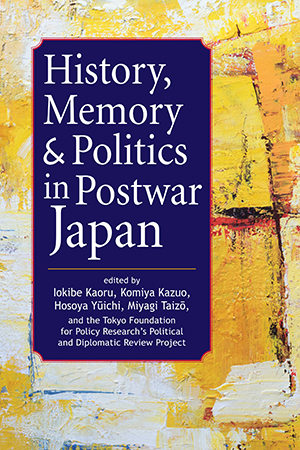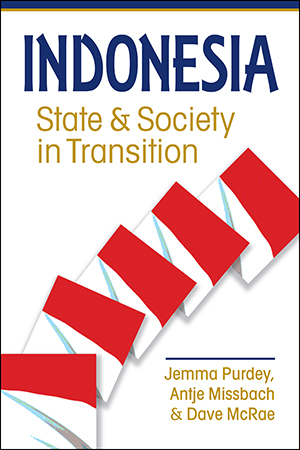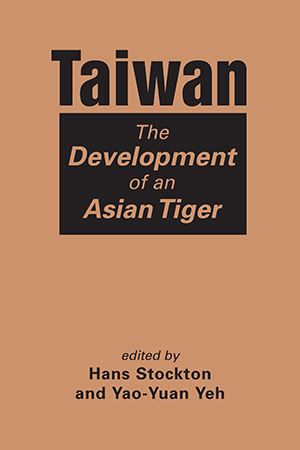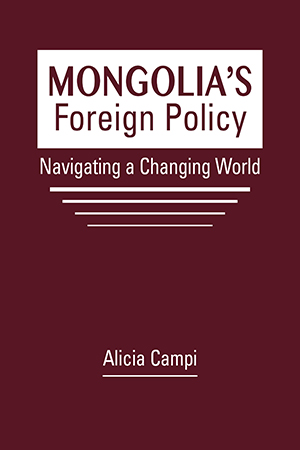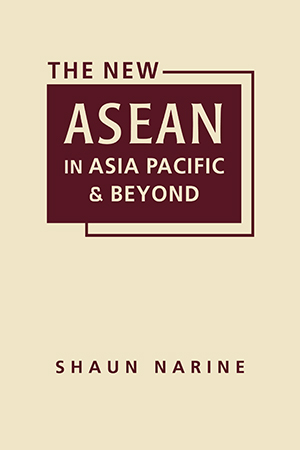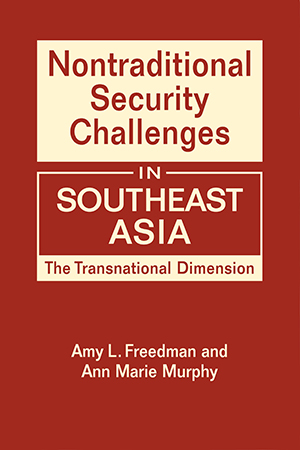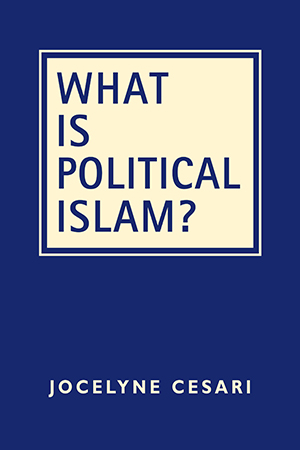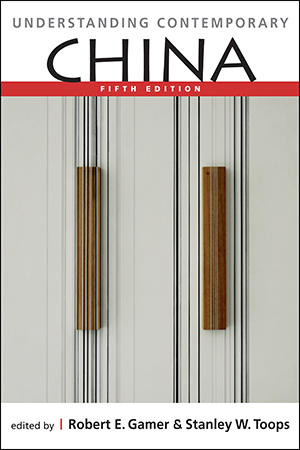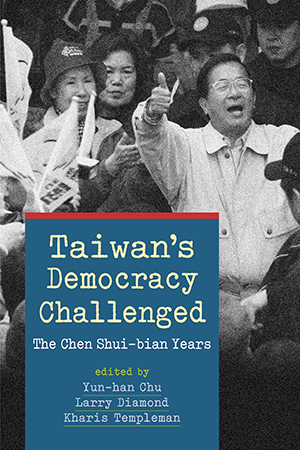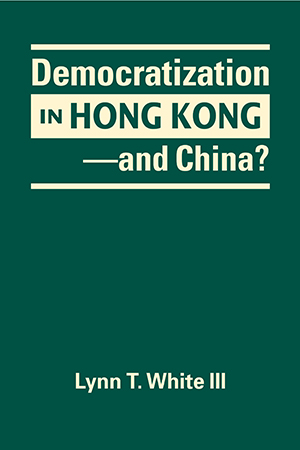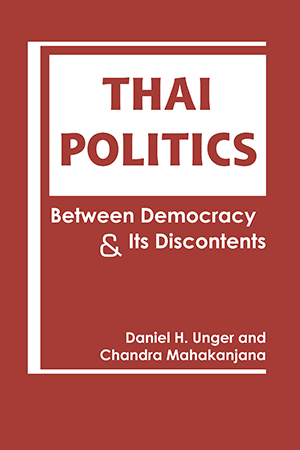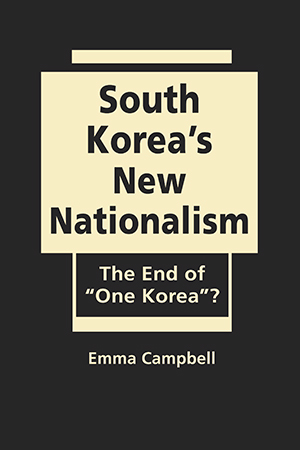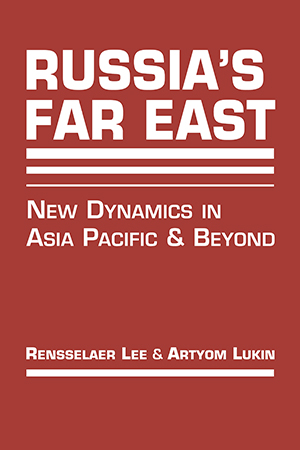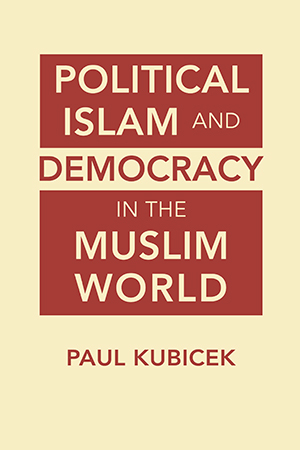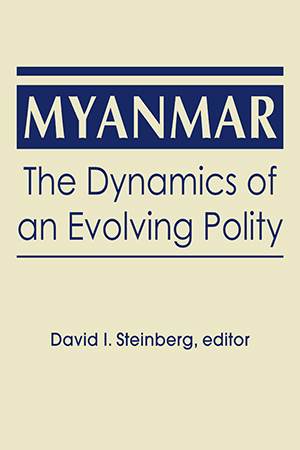Asian Politics
Memories can be shared—or contested. Japan and Korea, just one case in point, share centuries of intertwined history, the nature of which continues to be disputed, particularly with More >
Indonesia remains a country in transition even now, some two decades after its extraordinary shift from authoritarianism to democracy and from economic crisis to a rapidly growing economy. More >
How did Taiwan transform itself from a "least developed country" into an Asian Tiger? How did it become a successful, multiparty democracy after years of authoritarian rule? Why do More >
Strategically located at the crossroads of Central Asia, China, and Russia, Mongolia has long attracted the attention of major world powers. How has this traditionally nomadic, but resource More >
Refuting criticisms that call into question the effectiveness, and even the purpose, of ASEAN, Shaun Narine traces the organization's political and economic development and explores its More >
With the countries of Southeast Asia increasingly challenged by a plethora of nontraditional security issues—climate change, food and water security, infectious diseases, and migration More >
Honorable mention for ISA's Religion and International Relations Section Book Award! The debate continues unabated: Is political Islam decipherable through the tenets of the Islamic More >
China today bears little resemblance to the country introduced in the first edition of Understanding Contemporary China, published nearly two decades ago. Even in just the past five years, More >
When Chen Shui-bian, Taiwan's first non-Kuomintang president, left office in 2008, his tenure was widely considered a disappointment. More recent events, however, suggest the need for a More >
Hong Kong and its relationship with China make for a uniquely intriguing study in democratization. What has hindered or caused greater popular sovereignty in Hong Kong? Over what time period More >
The prospects for Thailand's emergence as a democracy seemed strong in the 1990s. Yet, as most recently demonstrated by military coups in 2006 and 2014, that hasn't happened. Why More >
Why have traditional views of national identity in South Korea—views that for years drove a demand for reunification—been challenged so dramatically in recent years? What More >
The strategically pivotal Russian Far East—a vast expanse stretching from Lake Baikal to the Pacific Ocean—is notable not only for its rich natural resources, but also for the More >
Belying assertions of the incompatibility of Islam and democracy, many Muslim-majority countries are now or have been democratic. Paul Kubicek draws on the experiences of those countries to More >
What issues will Myanmar need to address as it moves beyond the immediate complexities of a transition from an authoritarian state to a more pluralistic polity? How will the new government More >


